Update time : 2020-09-12 Publisher:Tongda
What is organic fertilizer? Generally speaking, organic fertilizer is rich in humus. Generally, it is the product of fermented animals and plants, which becomes organic fertilizer. For example, fallen leaves, peels, animals, manure, and fermentation are all organic fertilizers. What is inorganic fertilizer? So inorganic fertilizers are some fertilizers made by industry, such as chemical fertilizers.
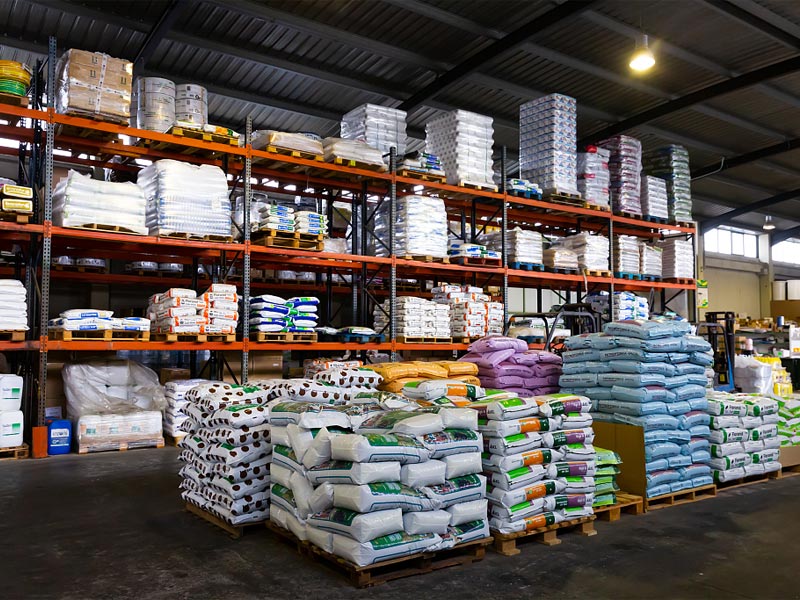
What are the benefits and functions of organic fertilizer: It also contains the nitrogen, phosphorus, and potassium fertilizers that plants need, some elements that plants need, and calcium and magnesium fertilizers. Plants need 16 elements, most of which are in general fertilizers, and some come from air and water. That is, although its fertilizer efficiency is slower, the effect is longer. Given organic fertilizer, it takes longer to manage. In addition, as long as it is a good fermented organic fertilizer, as long as you don't give too much at a time, it will not be easy to burn the roots and yellow leaves. And more use of organic fertilizer, the pot soil will become looser and softer, the soil quality becomes better.
The advantages and disadvantages of chemical fertilizer: its advantage is that after fertilization, it plays a role quickly, and the fertilizer effect comes very quickly, and it can play an effect on crop plants in a short period of time, but it will not last too long. In addition, long-term use of chemical fertilizers will cause certain damage to the soil, such as easy compaction and deterioration of soil quality.
The impact of organic and inorganic fertilizers on the soil: excessive use of inorganic fertilizers will cause the soil surface to become dry and compact, which will easily cause soil erosion, lack of minerals, and great environmental damage. The soil will become more barren and lack a lot of nutrients. The nutrient elements contained in organic fertilizers are mostly in an organic state, which is difficult for crops to directly use. Through the action of microorganisms, a variety of nutrient elements are slowly released to continuously supply nutrients to crops. The application of organic fertilizers can improve the soil structure, effectively coordinate the water, fertilizer, gas, and heat in the soil, and improve soil fertility and land productivity.
Inorganic fertilizers and organic fertilizers have their own characteristics. Therefore, in agricultural production, the advantages of the two can be combined to complement each other, so that crops can obtain more comprehensive nutrition and grow robust and fast.
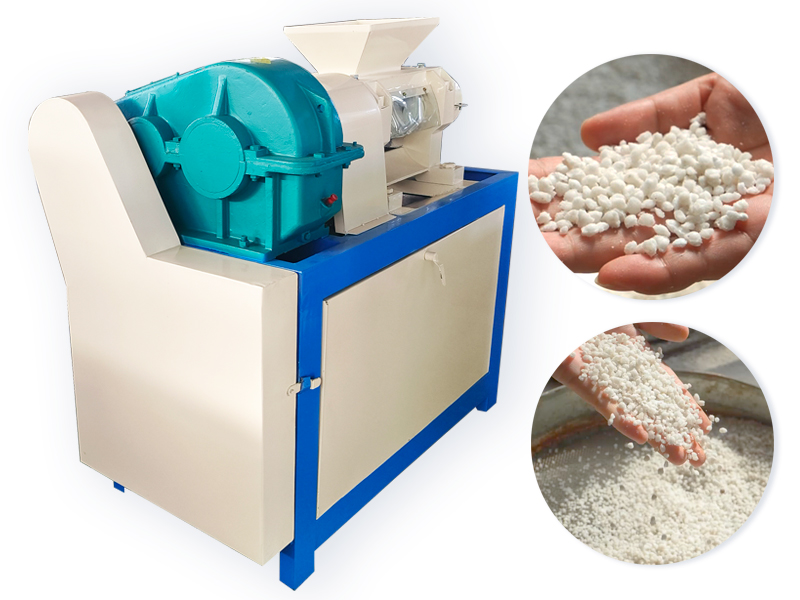
see details +
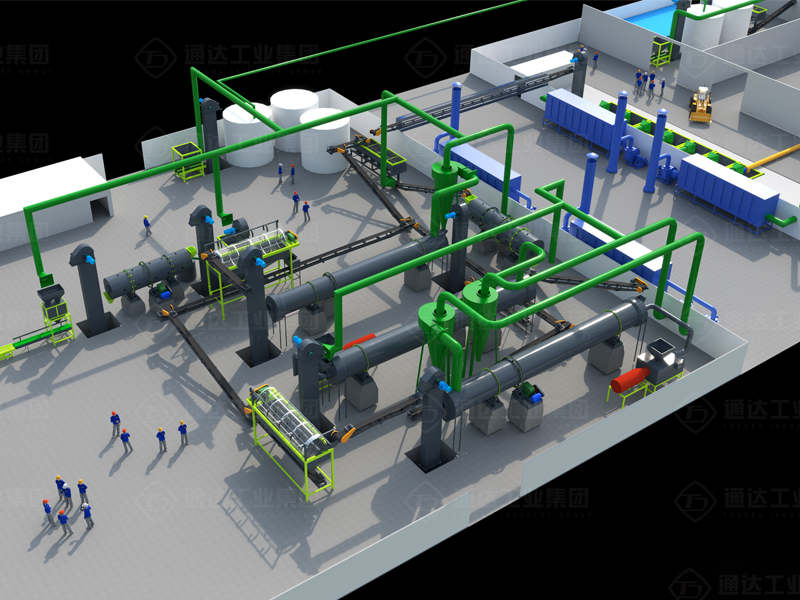
see details +
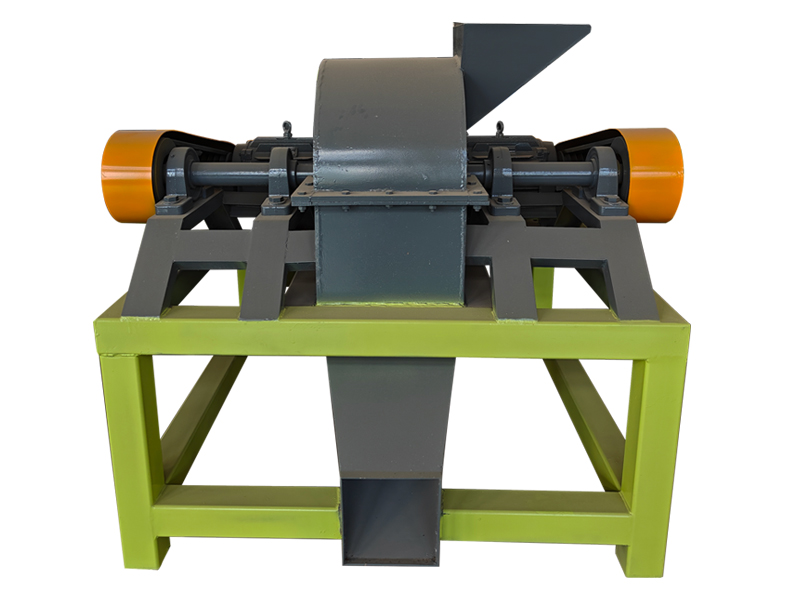
see details +
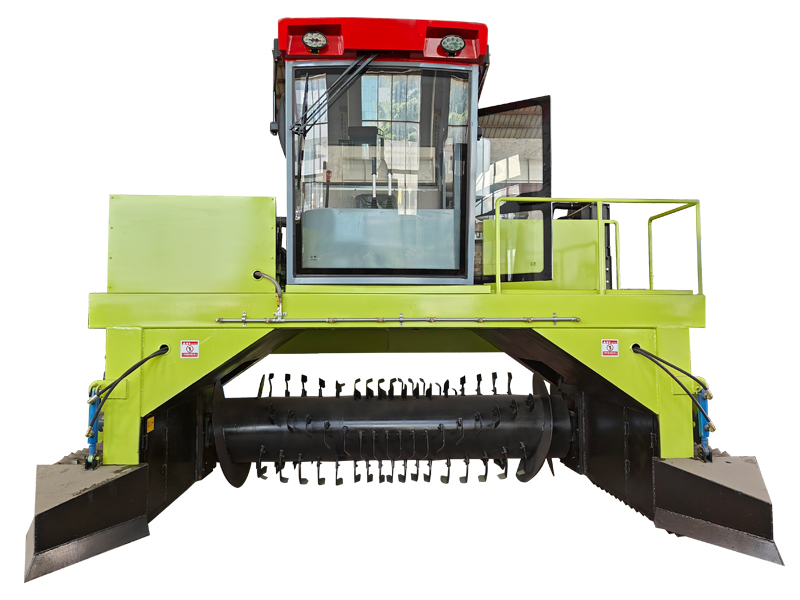
see details +

Fermentation Compost Equipment >
 Tel:+86 18538527111
Tel:+86 18538527111
 E-mail:[email protected]
E-mail:[email protected]
 Address:Longgang Development Zone Of Xingyang City, Zhengzhou City, Henan Province, China.
Address:Longgang Development Zone Of Xingyang City, Zhengzhou City, Henan Province, China.
Privacy Policy Copyright © Henan Tongda Heavy Industry Science And Technology Co., Ltd.